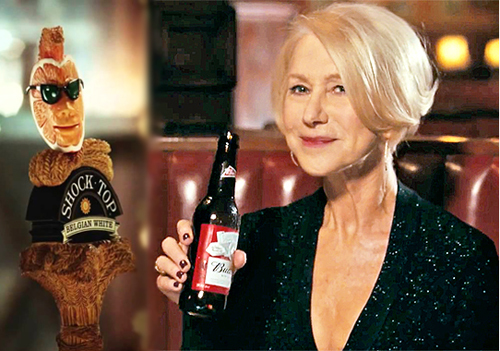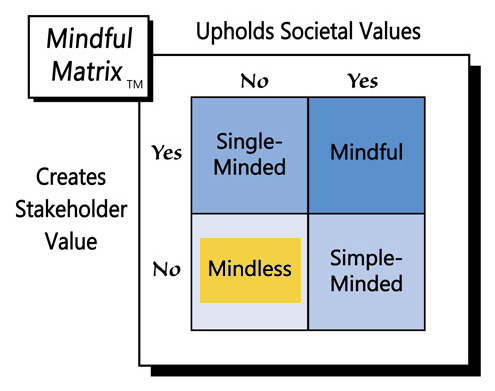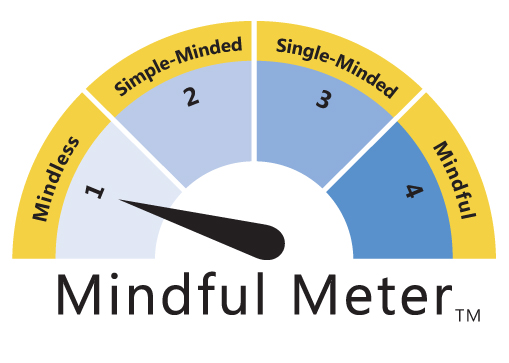The company that ran two different abusive ads was none other than Anheuser-Busch, the sultan of Super Bowl spots and the parent of the King of Beers, Budweiser. Forgoing its classic Clydesdales, Budweiser instead featured British actress Helen Mirren in an ad that was ostensibly less about selling beer and more about discouraging drunk driving—a very laudable goal. It was the means to that end, however, that likely led more than a few Super Bowl viewers to blush.
After introducing herself as “a notoriously frank and uncensored British lady,” Mirren describes any individual who drives drunk as “a short-sited, utterly useless, oxygen wasting, human form of pollution; a Darwin award-deserving selfish coward.” To this putdown she adds “if your brain was donated to science, science would return it.” The latter part of the spot has Mirren making amends by reassuring the target of her attack that he/she is likely a “fun, solid, and respectable human being.” Those compliments, however, are largely overshadowed by her initial verbal barrage.
The other Anheuser-Busch brand to employ insult was Shock Top, a craft beer and Belgian white wheat ale. This ad featured comedian T.J. Miller trading jabs with Shock Top’s animated brand icon—a sunglass-wearing, Mohawk-sporting, trash-talking orange wedge. Among other taunts, Shock Top tells Miller: “You look like you’re on a cleanse that doesn’t work”; “I feel like you peaked in middle school”; “You look like an out-of-work magician”; and “I got a movie idea for you—this loser walks into a bar; it’s called ‘right now’.” Like the Mirren ad, Shock Top makes up at the end as he and Miller share a laugh despite, their corrosive banter.
Anheuser-Busch obviously spent big bucks on these spots, as much as $10 million total, which should cause the company and others to ask if the ads were effective. According to the USA Today, “Simply Put” with Mirren came in at #9 on its annual Ad Meter, while Shock Top’s “Unfiltered Talk” entered at just #42. It’s hard to know the efficacy of the ads from this metric alone, however, since Ad Meter results seem to be based on what respondents like the most, and liking is no guarantee that one will remember who or what an ad was for, case in point, last year’s Fiat ad, which some people thought was for Viagra.
However, more significant than a short-term surge in beer sales is the long-term impact that these ads may have on the Budweiser and Shock Top brands. In particular, Anheuser-Busch has gone to great lengths to build a positive brand image for its signature Budweiser brand using, for instance, the majestic Clydesdales. Should Budweiser risk its brand equity by associating itself with the negativity and mean-spiritedness of insult advertising? Probably not.
For instance, Campbell and Warren’s (2012) research published in Social Influence found that celebrities’ negative associations were more likely to transfer to the brands they endorsed than were their positive associations. So, in terms of its Super Bowl ad with Helen Mirren, viewers might be more likely to think of Budweiser as cutting, unkind, caustic than as straightforward and socially responsible.
Organizations and their agents brand themselves in many different ways, including by what they say. Even if they’re speaking about someone or something else, their choice of words and tone paint a picture of who they are. So, if an agent uses vulgarity or profanity to describe another person, there’s a good chance hearers will remember the agent as being vulgar or profane as much as they’ll remember what the agent said about the other party.
Efficacy, however, is not the only quality of insult advertising that should be questioned. The practice’s ethicality also deserves debate. For the Budweiser ad, decreasing drunk driving is certainly a worthy goal, but does that end justify any means of mitigation? It’s ironic that Mirren skewers those who drive drunk for physically disrespecting others, while her own caustic tirade verbally disrespects all of the ad's viewers, including those who don’t even drink.
Beyond the inconsistency of disrespectfully demanding respect, there’s also the danger that the language of the Budweiser and Shock Top ads will inspire imitation. Do people really act out ads? Yes, some do, especially young, impressionable persons who value risk more than restraint. Mumbai, India, for instance, experienced ad imitation after TV commercials showcased motorcycle riders performing amazing stunts. Police called for a ban of the ads because young imitators were endangering themselves and others.
It’s easy to imagine middle school students and others taunting their peers with jabs borrowed from Anheuser-Busch’s ads like “a loser walks into classroom . . .” and “if you donated your brain to science . . . .” Schools are trying to combat that kind of verbal abuse, which is often called bullying. They don’t need a beer company to provide their students with more material for mockery.
Anheuser-Busch is right that it’s a bad idea to combine alcohol and automobiles. The parent of some of the world’s most iconic brands should also realize that it’s wrong to blend beer with belittlement, both for the benefit of its brands but also for the sake of our society. As a result, Anheuser-Busch’s insult advertising can be considered “Mindless Marketing.”
Learn more about the Mindful Matrix and Mindful Meter.
Check out Mindful Marketing Ads and Vote your Mind!




 RSS Feed
RSS Feed